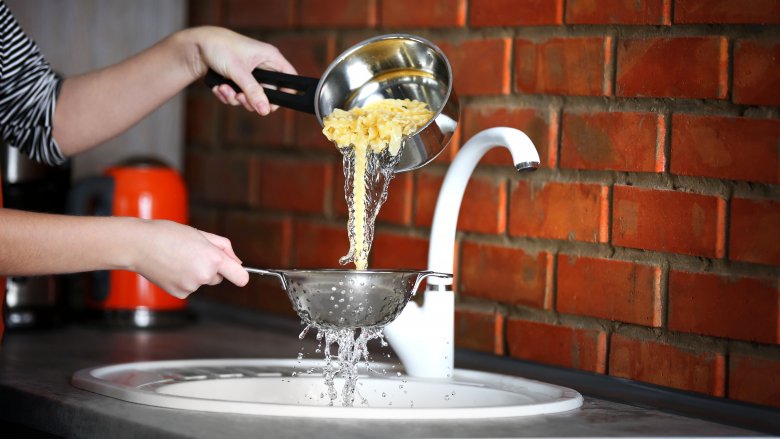Unfortunately, many homeowners have a bad habit of looking at their home’s drains and even the toilet as a waste disposal system. And while your toilet does handle some pretty nasty material, it is specifically designed to handle only human waste and TP. And while not all of the items on our list will instantly result in a plumbing emergency, they all have consequences harmful to the environment or your home’s drains.
All of the following items need to be appropriately and responsibly disposed of:
GAS AND OIL
Gasoline and motor oil should never find their way down the drain or toilet. The products are both very damaging to the environment and could also earn you a hefty fine in some areas. All it takes is one mishap a the sewage plant or one heavy rain that floods the sewers, and the gas or oil that you dump down the drain has contaminated the surface and groundwater. Just one gallon of motor oil can contaminate as much as 250,000 gallons of drinking water. Also, the vapors from gasoline can linger in your home and drain pipes creating a fire hazard. Take both of these liquids to a hazardous waste facility for proper disposal.
LINT
Lint sounds like such an innocuous item that it might be hard to believe that it makes this list. But when you consider the amount of lint you remove from your dry after each cycle, you can see how the quantity is more than you might expect. But the dryer is not the issue. The problem comes from all of the lint removed from fabrics when they are in the washing machine. All of that lint is being washed into your drains unless you have a filter or screen on the washer discharge hose. You can even use an old nylon stocking to trap the lint and avoid a nasty clog in your home’s drain lines. Just be sure to inspect the filter regularly and replace it as needed.
PAINT
Paint has the power to do triple damage. If poured down the drain, it will coat the inside of the pipe and harden to create some awful clogs. And if it leaches into the surface or groundwater, it will contaminate all the water contacts. And finally, the fumes of many paints are flammable and can create an added fire hazard as the fumes flow back into your home. The proper disposal of paint varies. Water-based paint can be mixed with an equal part of your average kitty litter to create a solid. Place it in the trash, and you are good. Or you can leave the lid off of the can and allow the paint to harden before placing it in your trashcan. Oil-based paint is another story. It should always be disposed of at a hazardous waste drop-off location. However, if you have a significant amount of any type of paint leftover, you could consider donating it to a local charity.
FLUSHABLE KITTY LITTER
The manufacturer might call the product flushable. But remember, they are not responsible for paying your plumbing bills. No licensed plumber will ever condone pouring kitty litter of any kind, or anything else for that matter, into your toilet. The only things that should be flushed are human waste and toilet paper. Flushing anything else is going to lead to a severe clog.
To learn more about preventing drain clogs or schedule a professional drain cleaning, if you have read this news too late, call (720) 740-0452. The team of licensed plumbers at Royal Services is here to help.

